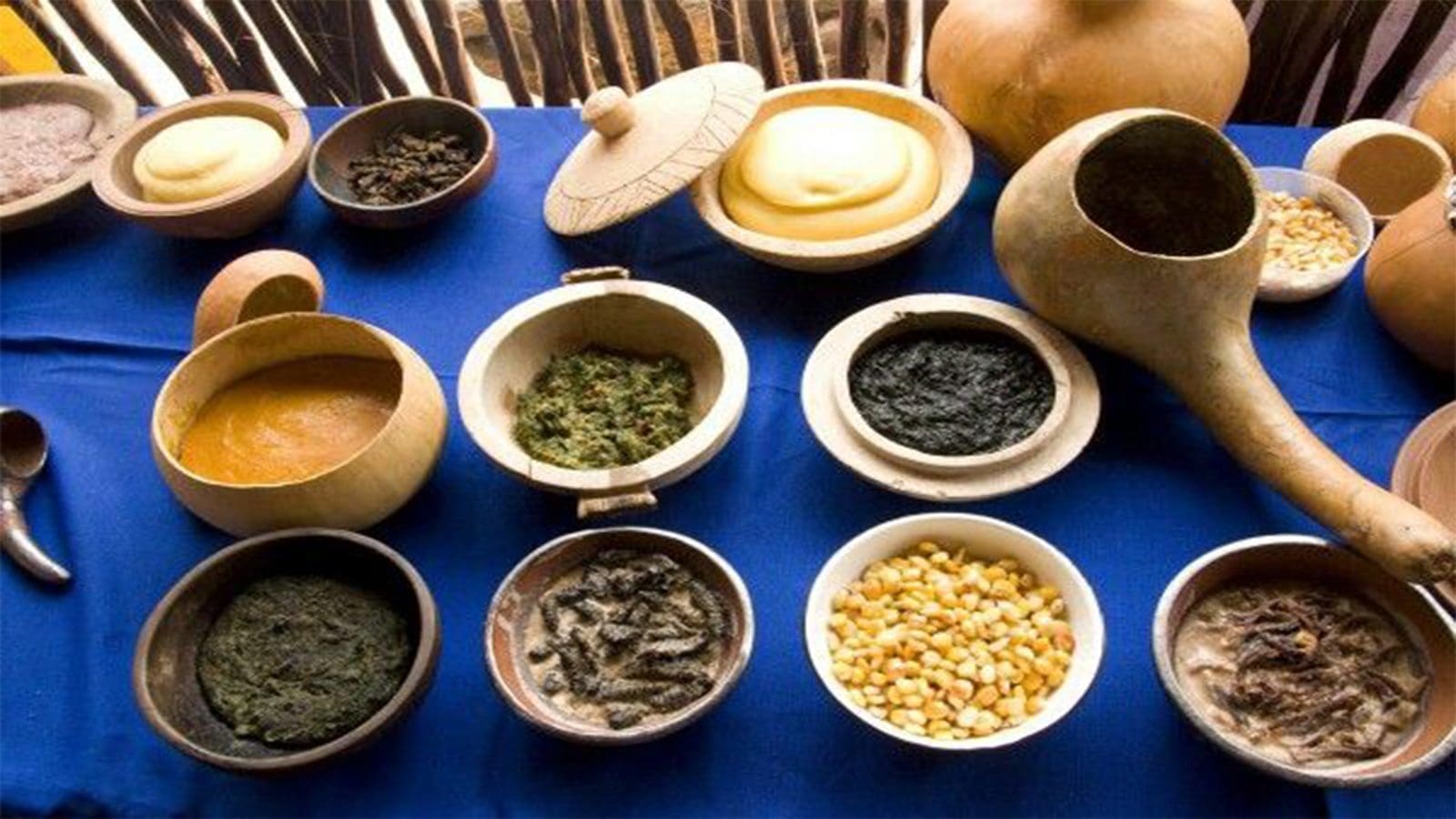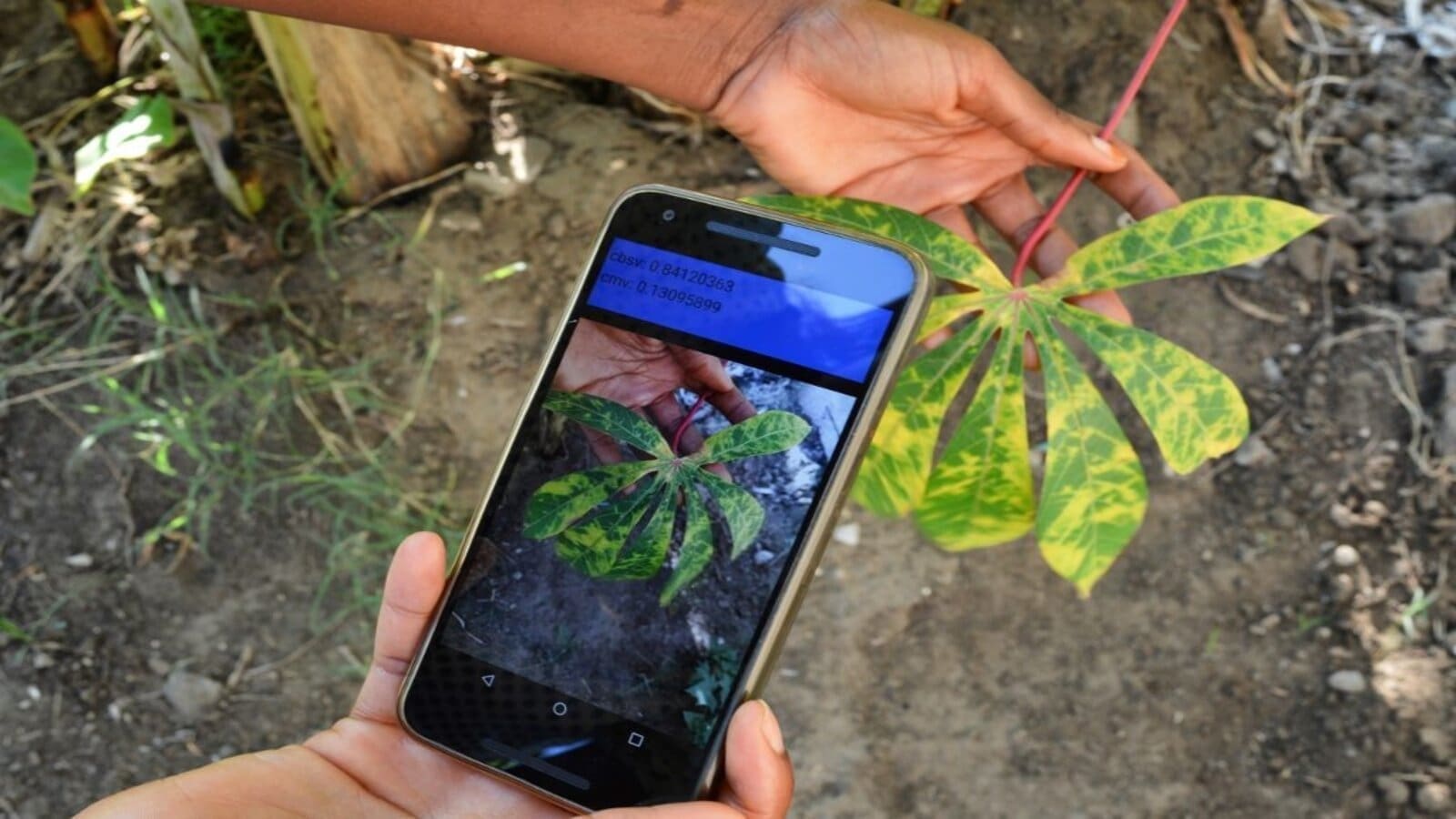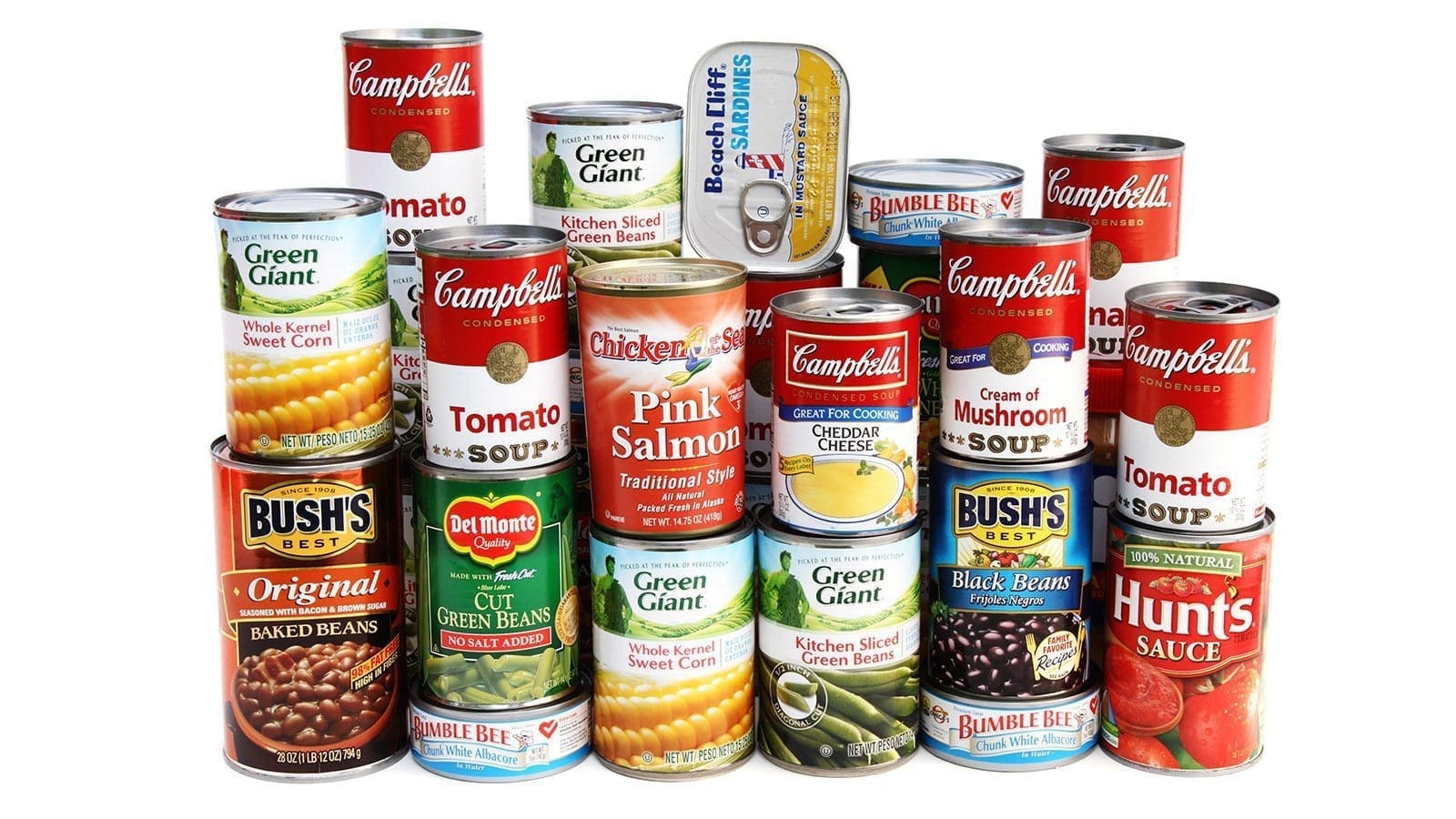AFRICA – The African Organisation for Standardization (ARSO) and the AOAC Africa Section have strengthened their budding relationship to create analytical techniques appropriate for the most popular foods on the continent.
Former Section President Dr. Owen Fraser highlighted the ARSO relationship as an important milestone in assisting the continent to accomplish the goals of the African Continental Free Trade Area (AfCFTA) while speaking at AOAC Africa’s Annual Conference in Johannesburg.
“It might seem hard to believe, but until recently there were hardly any testing methods for the most commonly consumed African foodstuffs. This is especially concerning as the AfCFTA really gathers pace because the testing methods being used aren‘t designed for the specifics of African foods.
“As we enter the African Union’s Year of AfCFTA, we believe it‘s high time for action in this area, which is why we have been hard at work with ARSO on a method to test for contaminants and nutritional contents in Cassava. The standards will improve the safety and quality of cassava and cassava products,” he said.
According to ARSO Secretary General Hermogene Nsengimana, the new method is a welcome development and will open the door to more much-needed collaboration.
He pointed out that fit-for-purpose testing methods are necessary to guarantee reliable results when testing the conformity of indigenous foods. This in turn will ensure their safety and quality when sold both in the region and abroad.
“This way, African-developed analytical methods will be ensuring that African foods can compete for quality and nutritional value across the continent and the world. This is a significant step on ARSO‘s path toward our goal of ‘One Standard One Test Accepted Everywhere’.
“We are delighted with our collaboration with AOAC and believe this will be the first of many such testing methods specific to our favourite African foods,” Nsengimana said.
According to Owen, in recent years, AOAC Africa has had a proven track record in capacity-building programmes.
To this end, the partnership with ARSO complements existing programmes with laboratories and analysts to close some of the knowledge and infrastructure gaps that are most material in the local and regional context.
Besides bringing marked improvements in public health and reducing the 137,000 annual deaths in Africa from food-borne illnesses, said Owen, the partnership is also about helping Africa fulfill its agrifood trade potential since testing for safety and conformity are necessary for export and import permits within and beyond the continent.
“The partnership we are reporting on at our Conference today is very exciting; it represents the practical steps our community is taking to make Africa‘s laboratories and the scientists who work in them world beaters.
“But as we keep on identifying, there is much more to be done, and we call on governments, the international community, and other stakeholders to join ARSO and AOAC to prioritize investment in food safety and conformity assessment analytical capacity, so that soon, together, we will be always able to say “Safe, Export-Ready African Food: TICK!” he said.
Now in its 4th year, this year’s AOAC Annual Conference was held under the theme “Safe and Sustainable Food Systems in Africa: AOAC Africa’s role in meeting the challenges.”
For all the latest food safety news from Africa and the World, subscribe to our NEWSLETTER, follow us on Twitter and LinkedIn, like us on Facebook and subscribe to our YouTube channel.








